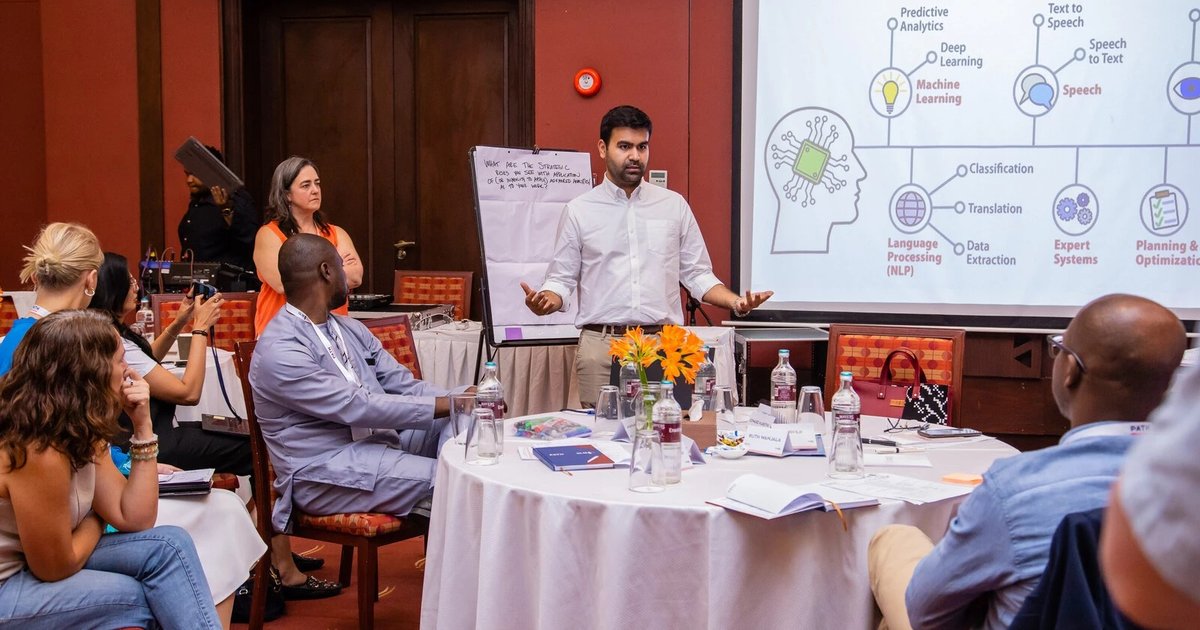Why global health organizations are hiring chief AI officers
At PATH, we believe that AI, if applied effectively and ethically, has the potential to transform the way we deliver health solutions in aspects of drug discovery and as an aid to clinical decision-making.
In response to this critical need for greater strategic integration of AI in health care, we have appointed an inaugural chief AI officer—probably the first of its kind within the NGO sector and likely the youngest, yet highly accomplished, to hold such a position. This appointment reflects our willingness and commitment to streamline AI from the highest level to the most granular work.
The skills of a chief AI officer are sufficiently technical, nuanced and unique that we can’t, and shouldn’t solely devolve them to pre-existing team members. These factors informed our decision to select a calibre that holds the trifecta of a medical background, experience in philanthropy and technical knowledge in AI.
PATH’s very own Dr Bilal Mateen is a bone fide world-leading academic expert and our new chief AI officer. He oversees over a quarter of a billion dollars in grants and contracts focused on digital health and AI and he’s a trained physician with a deep understanding of health systems globally.
He is also a visionary thought leader, having influenced the G20 health working group to explicitly call out the need for greater global solidarity on regulatory science around AI in healthcare. His vision of building global solidarity for AI regulation focuses on circulating research outputs informing critical safeguards as global goods. A global solidarity movement on regulation allows AI to be a force for good to accelerate global health equity, instead of fuelling the existing technological disparity and divide.
PATH’s vision for the structural integration of AI to achieve health equity, particularly in low- and middle-income countries, underlines many important notions: financing, localization, digital transformation and regulation.
First and foremost, financing: without sufficient investment and alignment among stakeholders, countries risk losing momentum or exacerbating market fragmentation, hindering progress. Localization is also a critical element in the effective and ethical use of AI in low-resource health care settings.
Additionally, the conversation on AI integration in health care delivery would be incomplete without a transformative investment in low- and middle-income countries’ digital public infrastructure to capitalize on the coming ubiquity of AI in health care.
The final pillar is oversight and regulation. We often talk about the positive impact and potential of AI, but we need to contend with the dark reality that the rapid pace of development is quickly creating a series of winners and losers.



